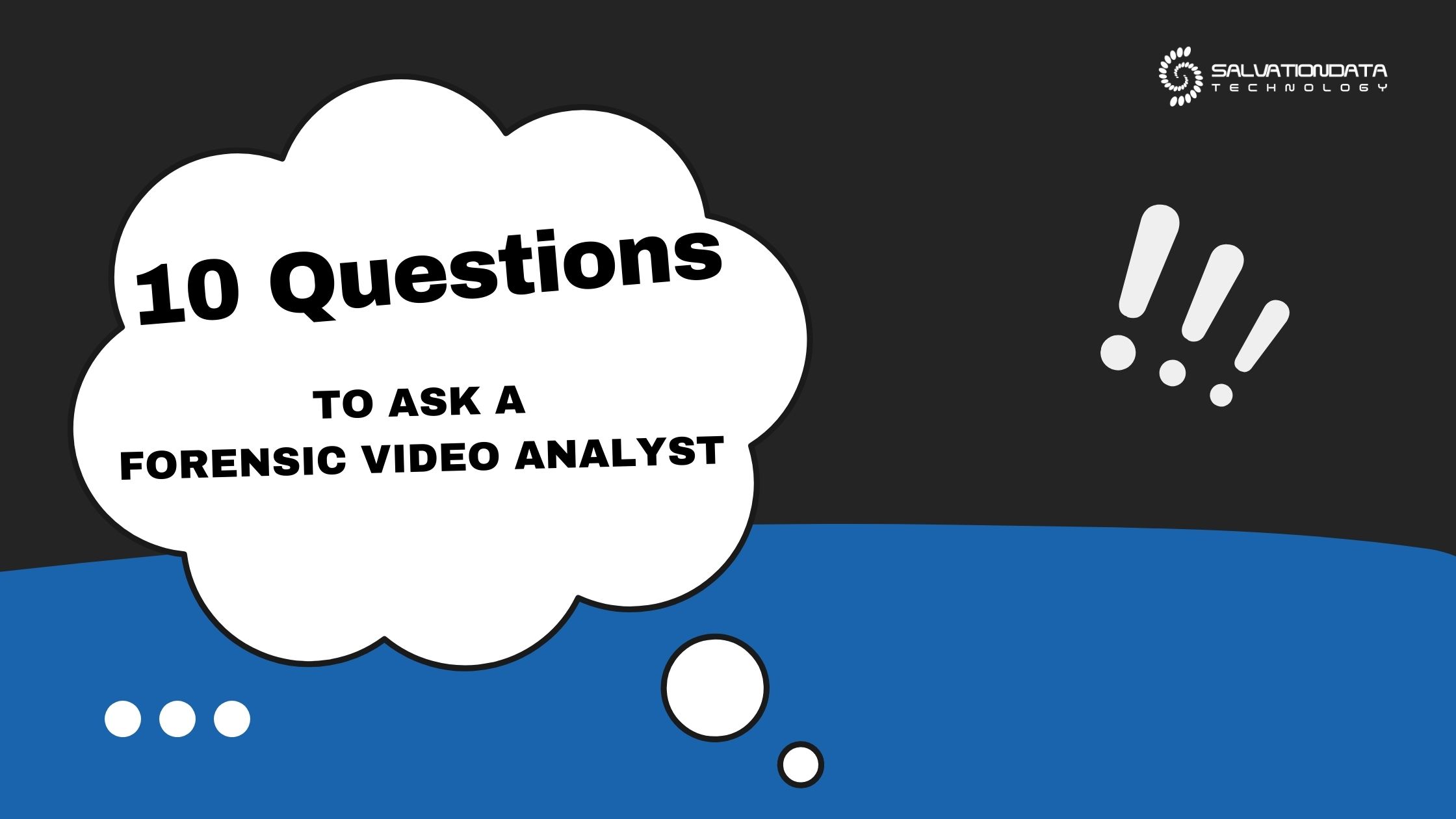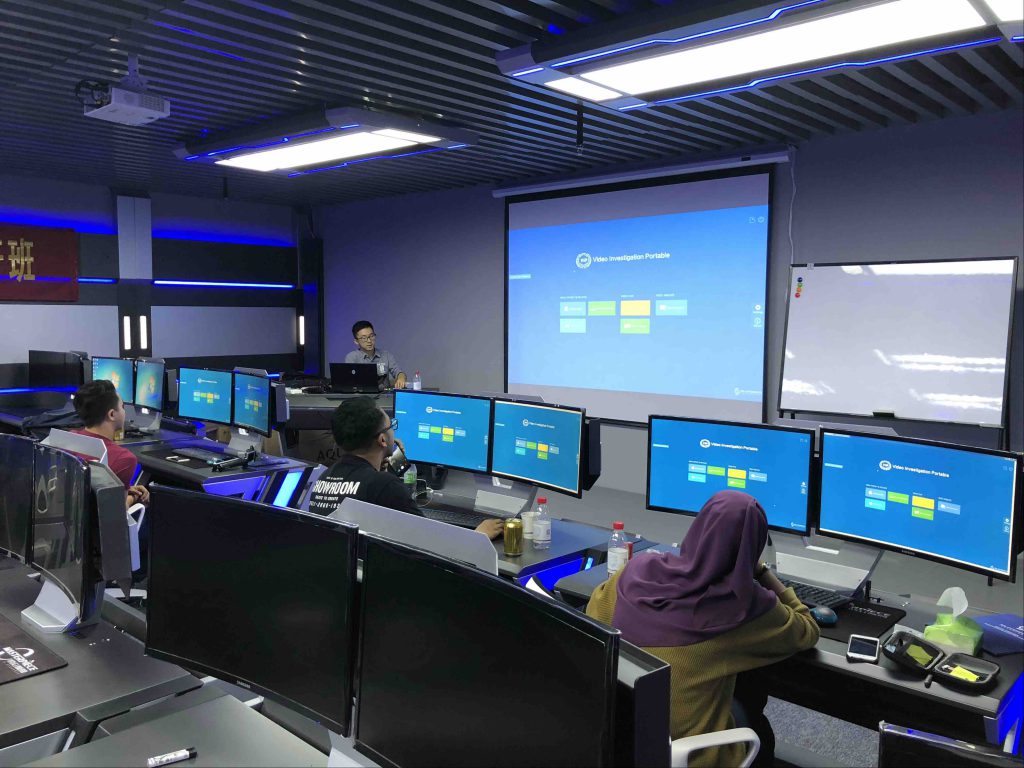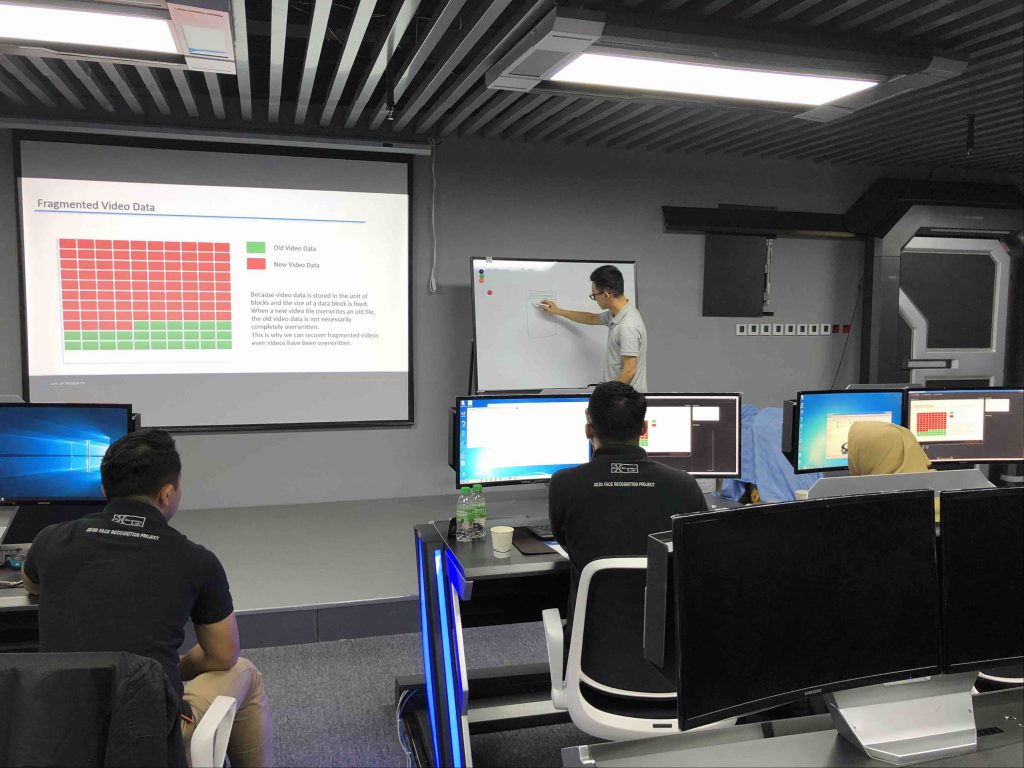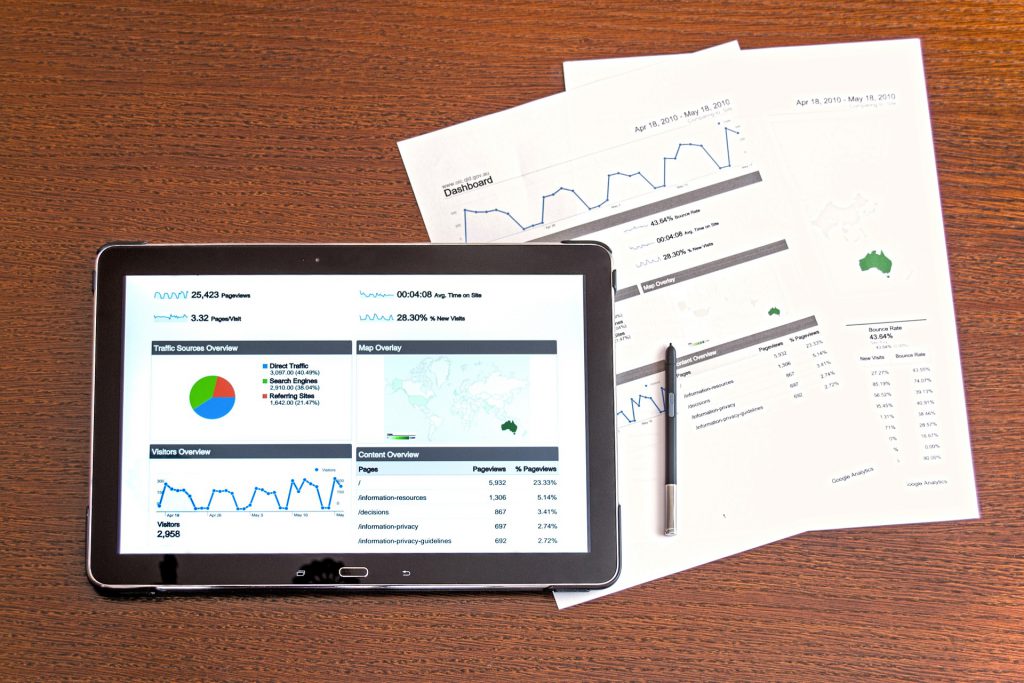Only by establishing proof beyond a reasonable doubt can the wrongdoers face the consequences of their actions and be brought to justice. Therefore, the first and foremost objective of digital video forensics (and any other criminal investigation for that matter) is to unveil the truth through concrete evidence and facts.
The video forensic expert you end up choosing for this task will be the one to oversee the investigation from the beginning to the end. Therefore, you should choose your forensic partner with discernment and evaluate their capabilities based on a pre-determined set of criteria.
Whenever you’re looking for ‘video forensics near me‘, you shouldn’t be willing to settle for anything less than forensic video analyst who knows their craft inside and out. To pick the most suitable candidate out of the bunch, start by asking them the following 10 questions:







